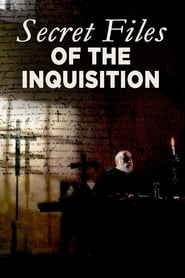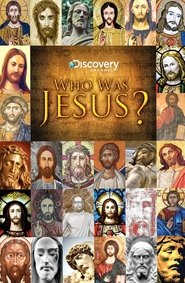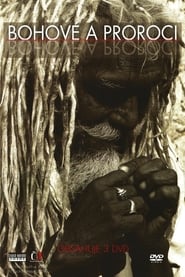New Testament History and Literature with Dale B. Martin - Season 1 Episode 25 Ecclesiastical Institutions: Unity, Martyrs, and Bishops
The Epistle of Jude can be dated to somewhere during post-apostolic Christianity and before the formation of the Canon. It refers to the apostles as representing a prior generation, yet it quotes from texts later excluded (perhaps, for example, by 2 Peter) from the Canon. The letters of Ignatius of Antioch contain evidence of a move toward the institutionalization of early Christianity. It mentions, for example, three different church offices: bishops, presbyters, and deacons. It also heavily emphasizes the authority held by those with these titles. The Didache contains liturgical and ritual instructions for rites such as baptism, the Lord's Prayer, and the Eucharist. All these documents show the change in early Christianity toward greater church structure and institutionalization.
First Air Date: Sep 02, 2009
Last Air date: Sep 02, 2009
Season: 1 Season
Episode: 26 Episode
Runtime: 26 minutes
IMDb: 10.00/10 by 1.00 users
Popularity: 1.322
Language: English
Season
Season 1
Episode
Introduction: Why Study the New Testament?
From Stories to Canon
The Greco-Roman World
Judaism in the First Century
The New Testament as History
The Gospel of Mark
The Gospel of Matthew
The Gospel of Thomas
The Gospel of Luke
The Acts of the Apostles
Johannine Christianity: The Gospel 92,407 views
Johannine Christianity: The Letters
The Historical Jesus
Paul as Missionary
Paul as Pastor
Paul as Jewish Theologian
Paul's Disciples
Arguing with Paul?
The "Household" Paul: The Pastorals
The "Anti-household" Paul: Thecla
Interpreting Scripture: Hebrews
Interpreting Scripture: Medieval Interpretations
Apocalyptic and Resistance
Apocalyptic and Accommodation
Ecclesiastical Institutions: Unity, Martyrs, and Bishops
The "Afterlife" of the New Testament and Postmodern Interpretation




















